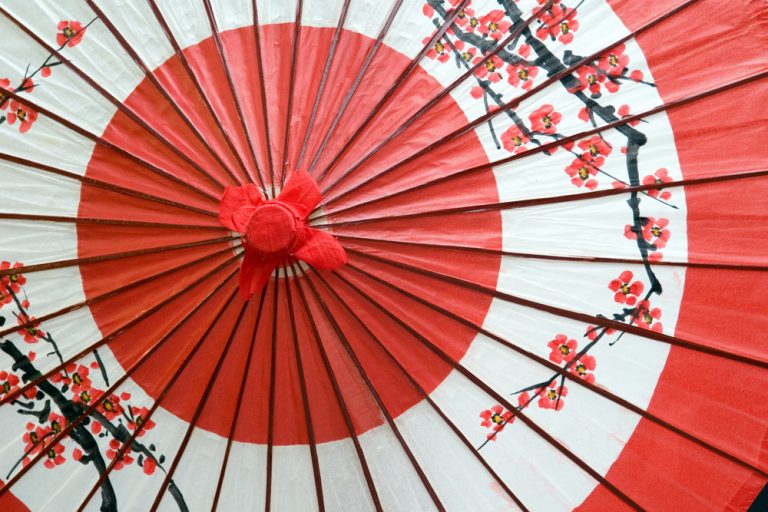Anecdote 8: 画家の窮地 (The Painter’s Dilemma)
先生が「今日は自由に絵を描きましょう!」と言った。でも、どの色を使うか迷ってしまった。
水色が好きだけど、桃色のほうが映える気がする。どの色を使うか迷っていたら、隣の友達が「緑のほうがいいんじゃない?」と言った。
「なるほど…ちょっと考えさせてください。」考えた後で、やっぱり紫を使うことにした!
それから、すぐに描き始めた。綺麗な色だから、きっと素敵な絵になるだろう。
Grammar Used:
- ~ましょう (Let’s do ~)
- どの~か迷う (Be unsure which ~)
- ~た後で (After doing ~)
- ~てください (Please do ~ (polite request or instruction).)
- それから (And then / After that (sequence of events).)
~ましょう
Meaning: This grammar structure is used to propose an action or invite someone to do something together. It is commonly used when making suggestions in a polite way.
Formation:
- Verb (ます-form without ます) + ましょう → “Let’s ~”
Examples:
映画を見ましょう。
(Let’s watch a movie.)
明日、公園で遊びましょう。
(Let’s play at the park tomorrow.)
お昼ご飯を食べましょう。
(Let’s eat lunch.)
Sentence from Anecdote:
❝今日は自由に絵を描きましょう!❞
(Let’s freely paint today!)
Key Notes:
- It is used when making a suggestion to another person/group.
- It is more polite and formal than just saying a verb in its dictionary form.
- Adding か to ましょう (e.g. 行きましょうか?) turns it into a question, meaning “Shall we ~?”
どの~か迷う
Meaning: This structure is used to express hesitation when choosing between options. It is commonly used when someone has multiple choices and is unsure which one to pick.
Formation:
- どの + Noun + か迷う → “Be unsure which ~ to choose”
Examples:
どの服を着るか迷っている。
(I’m unsure what clothes to wear.)
どの映画を見ようか迷っている。
(I’m unsure which movie to watch.)
どのレストランに行くか迷っている。
(I’m unsure which restaurant to go to.)
Sentence from Anecdote:
❝どの色を使うか迷ってしまった。❞
(I couldn’t decide which color to use.)
Key Notes:
- どの means “which” and is used to ask about a choice between multiple things.
- か is added to turn the phrase into an embedded question.
- 迷う means “to be unsure” or “to hesitate.”
~た後で
Meaning:
This grammar is used to indicate that one action happens after another. It shows a clear sequence between two events.
Formation:
- Verb (た-form) + 後で → “After doing ~”
- Noun + の + 後で → “After (noun) ~”
Examples:
昼ご飯を食べた後で、勉強します。
(After eating lunch, I will study.)
仕事の後で、買い物に行く。
(After work, I will go shopping.)
この本を読んだ後で、貸してください。
(After you read this book, please lend it to me.)
Sentence from Anecdote:
❝考えた後で、やっぱり紫を使うことにした!❞
(After thinking, I decided to use purple after all!)
Key Notes:
- 後で is always used to show a sequence of events.
- The first action (before 後で) must be completed before the second action happens.
- やっぱり in the anecdote means “after all” or “as expected,” thus emphasising the decision.
~てください
Meaning: Please do ~ (Used to make polite requests or give instructions)
Formation:
- Verb (て-form) + ください → Please do ~
Examples:
ゆっくり話してください。
(Please speak slowly.)
この紙に名前を書いてください。
(Please write your name on this paper.)
Sentence from Anecdote:
❝ ちょっと考えさせてください。❞
(Please let me think for a moment.)
Note:
- Polite but firm way to ask someone to do something.
- Softer alternatives include ~てもらえますか? or ~てもらえませんか? (Could you…?).
それから
Meaning: And then; After that (Indicates sequence of events)
Formation:
- Sentence 1 + それから + Sentence 2
Examples:
朝ご飯を食べました。それから、学校に行きました。
(I ate breakfast. After that, I went to school.)
本を読みました。それから、寝ました。
(I read a book. Then, I went to sleep.)
Sentence from Anecdote:
❝ それから、すぐに描き始めた。❞
(After that, I immediately started drawing.)
Note:
- Similar to そして, but それから emphasises order of events more clearly.
- Often used in storytelling and instructions.

